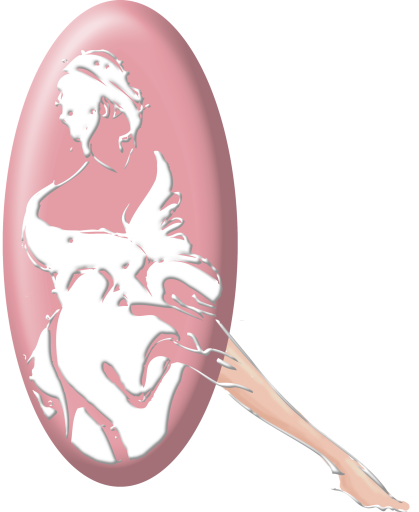The current Canadian election has seen the public subjected to an incredibly long election campaign — eleven weeks, longer than almost any other in our history — and at this writing we still have about three weeks to go. Many of us have already made up our minds — indeed, many of us probably made it up several years ago. Many of us have not, however, and many are considering not voting at all. After all, we say, “Why bother? They’re all the same. My vote can’t make a difference. I’m too busy that day. I can’t get to a polling place after work.” And perhaps, “It’s too hard to vote.”
Let’s see…
Why bother?
I could go on about how democracy is the underpinning of our entire country’s way of life. I could go on about how people fought and even died for the right to vote. I could tell you how, not so long ago, women were considered “property” and therefore not allowed to vote. Blacks were considered non-human and not allowed to vote. I could tell you how our latest government won by fewer votes than the number of people who didn’t vote at all.
But you’ve heard all that.
They’re all the same.
Well, yes, in some respects they are. One party may have a line you like better than another’s, but if you think about it, that’s just your response to skilled marketing. They all promise stuff they can’t deliver or have no intention of following up on. They hope you’ll listen to their words and not do the math.
The various parties’ track records speak for themselves, but they hope you won’t remember that. They hope you’ll listen to their cool promises and forget any damage they’ve done. They hope you won’t do the research. They’re betting on your ignorance.
Don’t make your ignorance a sure thing.
My vote can’t make a difference.
Did you really think it could? I can tell you how one vote makes a difference — the person at the top, the person with the power and the veto — that’s the single vote that makes the difference. Where your vote comes in is deciding who to entrust with that power. One vote may not have much say, but no vote does NOT have no say; it gives your vote and your right to it to someone else.
Don’t give your vote to someone else.
I’m too busy that day.
Oh, come ON. There are ways around that. Vote in an advance poll if you’ll be away. Vote on your way to work. Vote after work. Home with your family? Take them with you; this is a teachable moment. It’s one day, folks. So what if there’s a lineup? It’s probably a lot shorter than the lineup for those concert tickets or the latest iPhone. You’ll enjoy the concert for a couple of hours, you’ll have your new phone for a couple of years.
You’ll be living with your government for four years.
I can’t get to a polling place after work.
Your employer — all employers — are legally required to give you time off during work hours to vote, without loss of pay or other repercussions. So you can vote before work, or after work, or if it’s practical, during work. If you need a ride, call your constituency office. Better yet, if you have the time, offer your services as a driver. There are also special advance polling places operated by Elections Canada where anyone can vote regardless of their residence.
Voting is work.
It’s too hard to vote.
It’s not easy. Voting is work. You have to live in Canada, you have to be a Canadian citizen and you have to be able to prove that. Fair enough, right? The regulations are tighter now — a driver’s license or other government-issued ID with your picture and address, or two other pieces of ID which can be chosen from a very long list, which you can find here.
If you’re transgender, it gets harder, because you may not have ID that looks like you. Your license gender marker may not match who you are inside and the picture may be out of date in the same respect. All I can say is, gather everything you do have — ID, carry letters from your therapist, name change documents — whatever you do have, and take it with you when you vote. If you have to, muster your courage, put your pride away inside and prepare to look like your ID. But vote.
No, it’s too hard not to vote.
Finally, please take thirteen minutes and watch The Right to be Heard .
